There are bonds that lift a person, and there are bonds that drain the marrow out of life. The kind of relationship a person forms is a mirror of the state of their inner world. Every human being walks with three layers: the body that asks for comfort, the nafs that asks for recognition, and the ruh that asks for meaning. These layers shape how we attach to others, how we love, how we quarrel, how we forgive, how we lead, and even how we betray. The journey from haywaniy to nafsaniy to ruhaniy is not about choosing a style of relationship. It is about maturing through stages of being. And the world we live in today shows us clearly what happens when a people remain stuck at the first two levels.
Haywaniy relationships are the simplest to understand. They are driven by the body and its hunger. A newborn first knows love as warmth. At this stage, love is a response to satisfaction. As long as the source gives comfort, the attachment continues. The moment discomfort enters, the bond collapses. Adults often live like infants when it comes to relationships. They hold on to whoever feeds their senses needs, whoever eases their loneliness, whoever soothes their insecurities. They call it love, but it is only attachment to convenience. This kind of relationship ends the moment someone else provides the same comfort better or more easily. It is a bond of appetite, not of soul.
Yet one step above this, relationships become more complex. The insaniy stage is the human level, where the nafs begins to shape companionship. This is where the self enters with its pride, its fears, its longing to be seen, admired, affirmed, acknowledged and recognised. A person says, be my friend, but what they mean is: reflect back to me a version of myself that I approve of. Here, affection and loyalty can exist, but everything depends on how the ego feels. When the ego is celebrated, the relationship grows. When the ego is challenged, the bond trembles.
This is where Abraham Maslow’s hierarchy of needs helps us understand the insaniy relationship. At the base of human needs are food, safety, and shelter. Once these are somewhat stable, a new hunger arises: the need to belong, to be accepted, to be valued within a circle. Many relationships at the insaniy stage form because a person does not want to be alone. They seek companionship to secure a sense of identity. The self begins to ask: who am I in the eyes of others?
Maslow’s next level is esteem: the need to feel respected, influential, recognized. Here, relationships become platforms where the ego tries to climb. One wants to be the wise one among friends, the admired one among colleagues, the heroic one among activists. These are bonds formed not around truth, but around position. A person feels close to those who praise them, and distances themselves from those who question them. Even adoration becomes a performance.
Most political alliances sit here. Many friendships sit here. Most activism sits here. And because the bond depends on how well the ego is fed, these relationships are unstable. Praise a person and you gain their loyalty. Criticize them and they withdraw. Correct them and they become wounded. The heart is not the centre of this relationship. The self is.
This is why activist movements fracture. They are filled with people who speak of justice but seek admiration. One wants to lead. Another wants to be acknowledged as the thinker. Another wants to be known as the brave one. A movement where each person seeks esteem will collapse under the weight of its own egos. Meetings become battlefields of opinion. Strategies become competitions. Unity becomes costume. Words like “comrade” or “brother” lose meaning because the bond is still nafsaniy: held by flattery, broken by correction.
Ruhaniy relationships come from a different soil. These bonds are not built by need or identity. They form when two people recognize the same direction in one another. There is no hunger for praise, no anxiety about being overshadowed, no fear of being corrected. Correction is welcomed because it protects one’s journey. Silence is not awkward because presence does not need performance. Loyalty is not conditional on benefit because the bond is anchored on and in truth.
This kind of relationship does not fear conflict, because conflict is not war. Conflict becomes a polishing of hearts. If one stumbles, the other lifts, never as superior helping inferior, but as two travelers who have remembered the destination. Here companionship is a form of worship. Not because of rituals, but because it helps one become the version of themselves God intended.
This level is rare. Very very rare!
Activism that reaches ruhaniy stage is not loud. Its workers do not need to be seen. They move with calm certainty. They build rather than argue. They do not measure success by applause or visibility. Their work continues even when no one knows their names. When insulted, they do not break. When praised, they do not swell. When positions are shared, whatever that means, they do not scheme. Their loyalty is to the mission, not to their image inside the mission.
They are the ones who hold movements together.
A society cannot rise when its relationships remain a cocktail of haywaniy and nafsaniy. A nation cannot be built by people who are ruled by appetite or ego. No matter how good the ideology, how righteous the slogans, how passionate the speeches. Nothing stable can grow from a heart that has not been disciplined. It is easier to confront a tyrant outside than to confront the tyrant sitting quietly inside one’s own chest.
The citizens too must learn to see beyond noise. A charismatic activist may not necessarily always a sincere one. A truly sincere person may carry ten times the integrity of a loud figure. Citizens must learn to look at conduct, not performance. The ones who will rebuild the society are not necessarily the ones that perambulate more. Often, they are the ones who speak only when necessary, who forgive quickly, who do not take offense easily, who can work with others without needing to dominate them.
The world changes when inner posture changes. A ruhaniy person carries peace into rooms. They soften hardness without force. They influence without imposing. They make others feel valued and respected without needing to be celebrated. Their presence itself is instruction.
This is the soul that does not seek position. This is the love that does not suffocate. This is the companionship that does not vanish in storms. When people like this come together, a community becomes a garden. Differences do not divide. Challenges do not break. Mistakes do not humiliate. Growth becomes shared. And movements built on ruhaniy brotherhood do not and will never ever collapse, because they are not held together by ego.The call today is not only to organize, speak, protest, critique, and mobilize. The call is first to refine the self. To remove vanity from service. To let prayer soften the tongue. To let remembrance tame the heart. To choose companions who remind us of God rather than ourselves. To learn to receive correction without injury. To speak truth without arrogance. To work without demanding reward. And to love without chaining.
If a person can lead themselves, they can lead a nation. If a person can befriend truthfully, they can unite communities. If a person can purify their relationships, they can purify the world they touch.
The movement begins in the chest.If the heart clean, everything shines. If the heart remains asleep, all our noise is decoration on emptiness.
The world will change when our relationships become ruhaniy, not before.

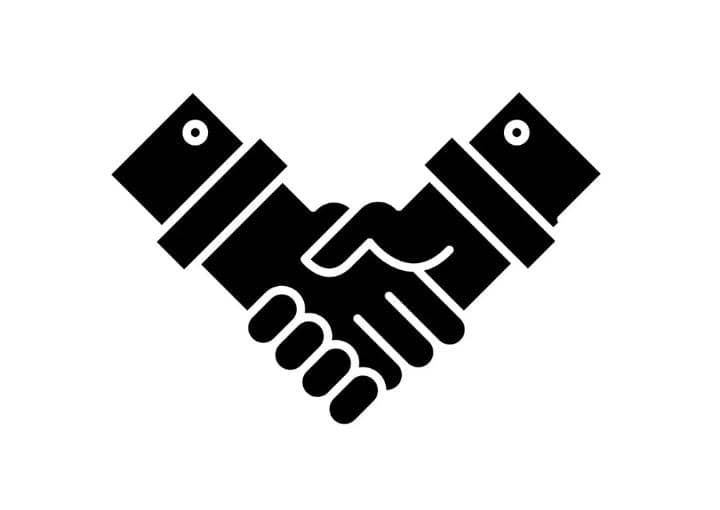
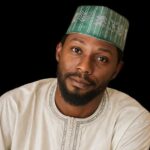

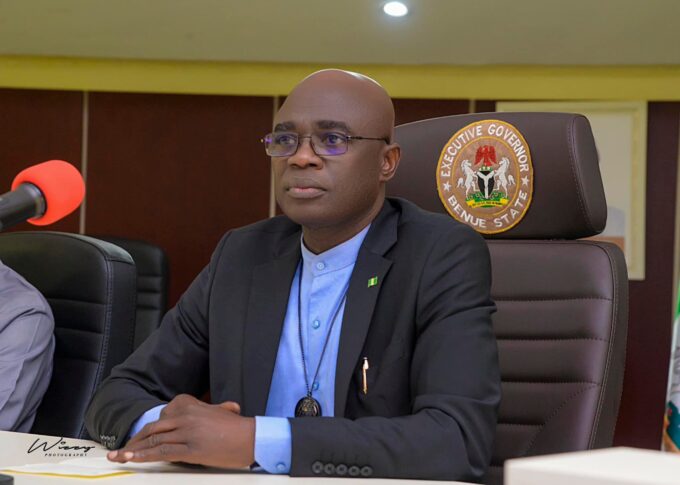
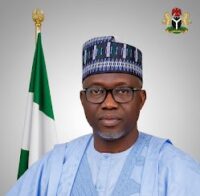

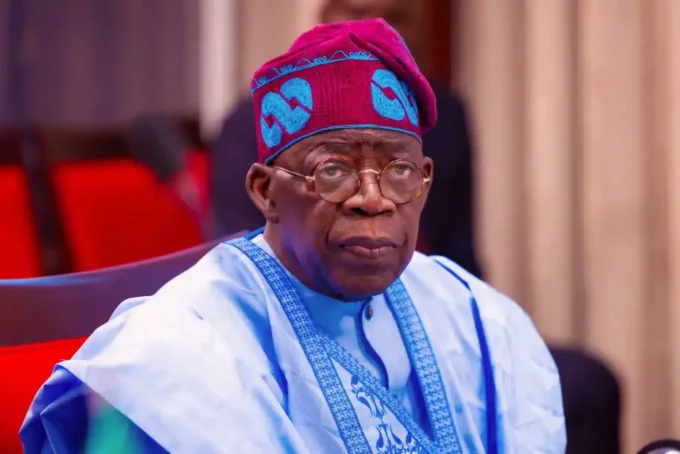






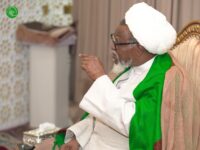
Leave a comment